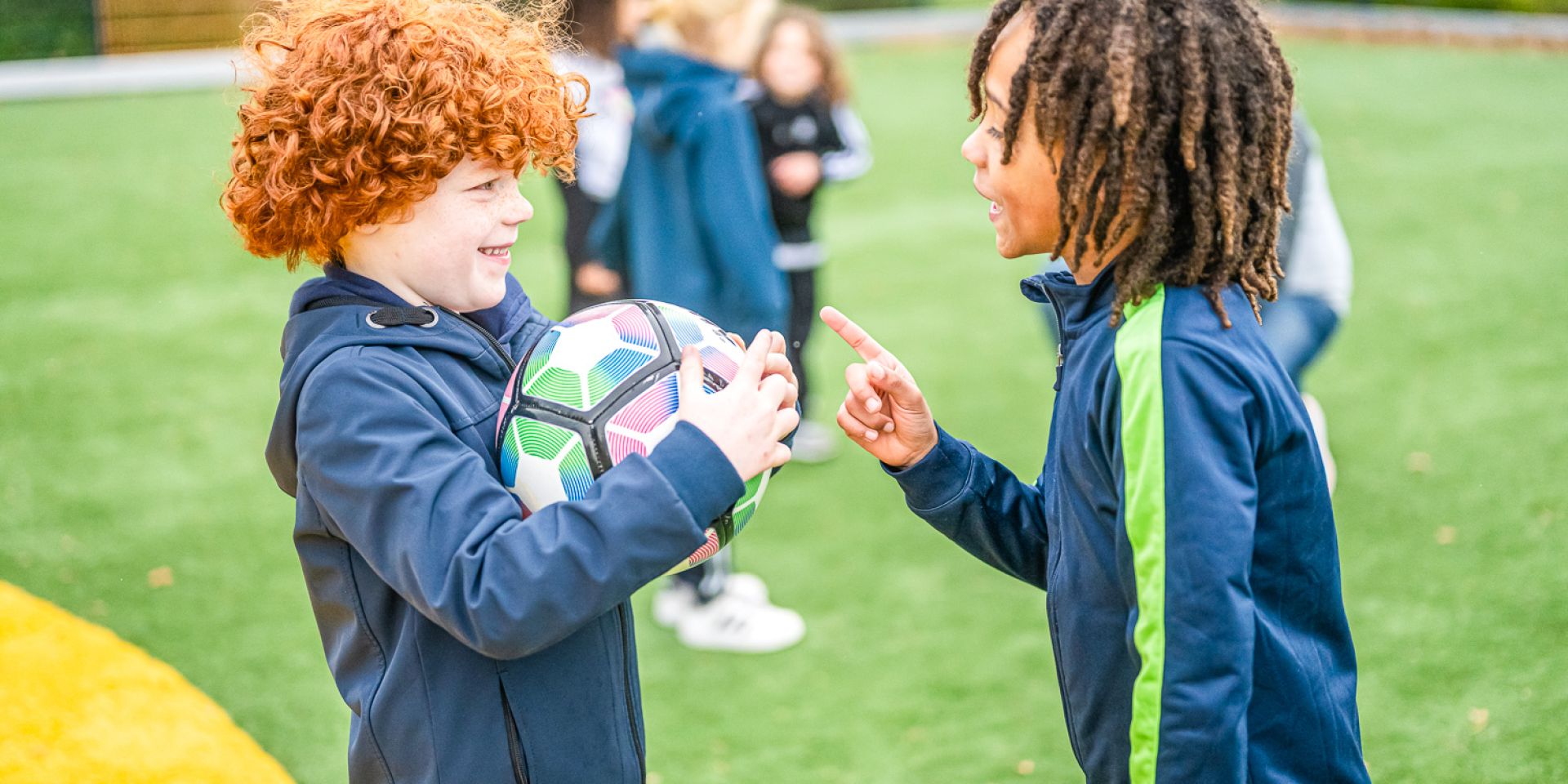
ESTIA
How effective is social skills training for children with autism?
Social skills training is often used in the treatment of children with autism spectrum disorders. In a clinical sense, the training appears to be helpful. However, in scientific terms, incontrovertible evidence of the effectiveness of such training is lacking. We therefore investigated whether social skills training for children with autism spectrum disorders is effective in the short term and in the longer term.
The results
Children who undergo social skills training make better progress than children who do not undergo such training, according to parent reports. No further improvement was evident after the training ended. Involving parents and teachers in the training made it more time-consuming than if the children took the sessions on their own. In addition, parent reports show that involving parents and teachers did not produce a greater effect.
These outcomes are in line with previous studies. Since parents knew to which group their child was allocated, we cannot say with certainty whether this influenced the way that they completed the questionnaires after the training ended.
What do these results mean for practice?
Since social skills training is implemented a great deal, it is important to know what effect the training has. As a result of this research study, it was decided to remove social skills training for children with ASDs from Accare’s care programme. To increase motivation, we then put our efforts into digital support for the SoVaTass project. And we are assessing whether we may be better equipped to deliver social skills training by drawing on other treatments. In this way we can continually improve treatment.
Further research is addressing the question of whether we can predict in advance, based on a child’s characteristics, who will benefit from the training. We are also examining the relationship between parents and child.
The research study
For this research study, we assessed the effectiveness of social skills training in the short term (directly after training ended) and in the long term (six months later). Parents, teachers and children completed separate questionnaires about social behaviour. They did this before the training, after it ended and then again six months later. We also collected extensive information from parents related to a variety of other areas, such as anxiety and overactive behaviour.
